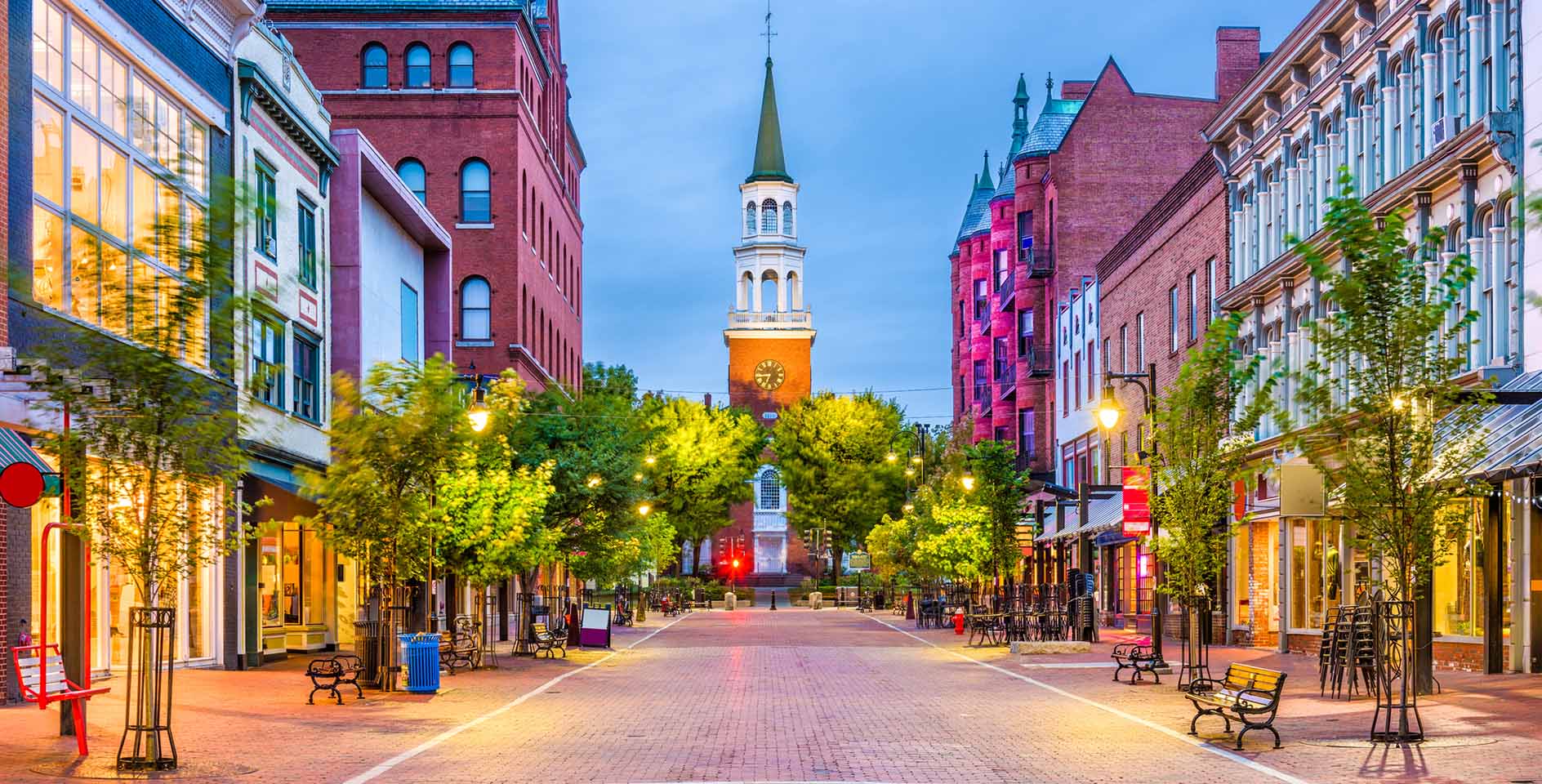Today, the Supreme Court of the United States heard oral arguments in yet another case involving the Little Sisters of the Poor, religious liberty, and the government’s contraception mandate. The scene of the court’s remote proceedings was new, with the public able to listen live, but the arguments were like a judicial version of Bill Murray’s 1993 classic Groundhog Day.
“One could be forgiven for thinking ‘haven't we been here already?’ Yes, we have,” said Russell Moore, president of the ERLC, “But with state governments harassing the Little Sisters of the Poor, this religious ministry is once again before the United States Supreme Court.”
Much has been written over this seven-year legal battle, here on our site and in opinion pieces, and in multiple briefs filed with the court from the ERLC and other religious institutions.
The nuns, as Palmer Williams wrote ahead of the Catholic ministry’s first appearance before the nine justices in the 2016 case Zubik v. Burwell, “offer homes and care for impoverished elderly people around the world. Their lives are given to the hundreds of humble tasks of caring for the elderly poor, feeding them, meeting their physical needs, and providing them with heavenly hope.” They do all this through a meager ministry budget earned in part through the means of traditional begging, asking local businesses to pitch in food and other supplies to help the needy.
In Little Sisters of the Poor v. Commonwealth of Pennsylvania, the sisters today asked the Supreme Court to step in and prevent Pennsylvania from taking away their hard-earned religious exemption.
The background
Here’s the background of how we got here. The contraceptive mandate was established in 2010 by the Obama Administration and only had a narrow exception for houses of worship, but not for religious nonprofits or institutions. In response, the Little Sisters, along with Guidestone Financial Resources and many other Baptist institutions, filed suit against HHS to challenge the contraceptive mandate. The ERLC was involved in this challenge from the beginning. These organizations did not ask that the mandate itself be overturned but rather that an exemption be created for those organizations with deeply held religious objections to it. In 2016, the religious groups won, and the court ordered HHS to create a religious exemption, which was finally established by the Trump Administration in 2017.
In his comments on today’s case, Moore noted that all the litigation and work that preceded it proved that “the government can ensure access to contraceptives just fine without coercing nuns to deliver them.”
Making history
Today’s arguments via conference call were interesting for the history they made as America could for the first time listen live and also for the unique cadence of questioning. Inside the court in Washington, D.C., the lawyers present their arguments and are interrupted randomly by questions from the bench. Today’s proceedings were more orderly as Chief Justice Roberts made the first interruption and then called on each associate justice to ask a question in order of seniority. This was, presumably, to avoid the awkward starts and stops all too common on conference calls. This new system of prompting questions led to Justice Thomas, a famously quiet jurist, asking multiple questions, and enabled Justice Ginsburg the ability to participate from a hospital room while recovering from an infection.
The back-and-forth hearing lasted nearly two hours, double its usual schedule. Some of the most notable moments from the argument were Justice Thomas questioning the efficacy of the lower courts issuing a nationwide injunction and Justice Alito pressing the state’s counsel on how their attacks on the exemption were so broad that even churches might not be exempt under such an argument.
Let them serve
Paul Clement, arguing on behalf of the Little Sisters, made the point that he had not heard a single complaint from any employee who thinks that the group’s objection to providing contraception is a problem.
While court observers see reason for the Little Sisters to be optimistic, one frustrating moment was when Justice Sotomayor compared the need for employers to cover contraceptive and abortifacient services to the government’s interest in employers covering vaccines. She made this comparison in light of the much anticipated COVID-19 vaccine. Yet, abortions end life while vaccines save life. Such a comparison is as upside down as it is revealing of the underlying worldview.
But since the pandemic was invoked, it should be noted that it’s difficult to imagine a worse time to tie up the Little Sisters in litigation. They serve the elderly and the poor; the very people most vulnerable to the coronavirus. The global pandemic is a reminder of just how much we benefit from ministries like theirs.
Moore and the ERLC call for the Supreme Court to strike down this latest attempt to harass the Little Sisters. Enough is enough. Let them serve.










